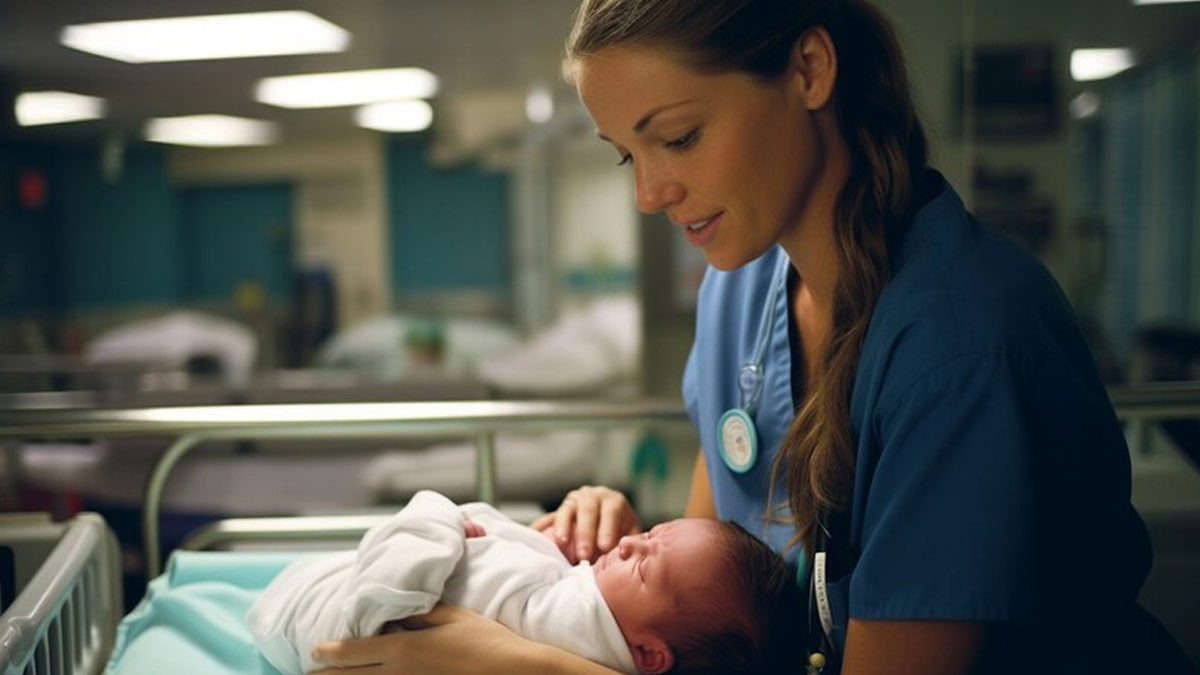
Genetic counselling plays an important role in identifying potential birth defects and helping individuals and families understand and manage genetic conditions. Genetic counselling is a process that helps individuals, couples, and families understand and adapt to the medical, psychological, and family implications of genetic contributions to disease.
Table of Content:-
To understand this in detail, OnlyMyHealth team interacted with Dr Sarah Bailur, Clinical Geneticist, Rainbow Children's Hospital, Banjara Hills, Hyderabad.
Dr Bailur said, “Genetic counselling is crucial for identifying birth defects or genetic disorders by providing families with the information and support in regard with the genetic aspects of their reproductive health.” Here’s why genetic counselling is important.
Risk Assessment
By considering the factors like family history, maternal age, cultural background, previous pregnancy outcomes and history of affected children with genetic disorders in the family, genetic counsellors can assess the risk of birth defects. “This information is used by the counsellors followed by consultation with a clinical Geneticist to diagnose any genetic disorders and to collate this information to estimate the likelihood of a genetic disorder or birth defect occurring in a current or future pregnancy,” Dr Bailur said.

Also read: Why Genetic Testing Is Important In The IVF Process
Education
The counsellors educate individuals and couples about the genetic basis of birth defects which includes abnormalities in chromosomes, single gene disorders, and other multifactorial conditions. They explain the significance of genetic testing and diagnostic procedures to help individuals make informed decisions about their reproductive options.
Carrier Screening
Genetic counsellors may recommend carrier screening tests to identify individuals who carry gene mutations for certain genetic disorders. “The prevalence of genetic disorders in the population is 3%. In our country in view of consanguinity and high endogamy certain genetic conditions ( Autosomal Recessive Conditions) are more common as compared to general populations,” Dr Bailur said adding, “These conditions require both parents to be carriers for the disorder to manifest in their offspring. These conditions can be tested for, prior to pregnancy with appropriate counselling to enable better understanding of the tests, the Diagnostic Yield, the genes covered, the outcome of results, the report interpretations and actionability.”

Prenatal Testing
“Genetic counsellors discuss the prenatal testing options that are available, such as chorionic villus sampling (CVS) and amniocentesis, which can provide more definitive information about the genetic condition of the developing foetus,” said Dr Bailur. They help individuals understand the benefits, limitations, and risks associated with these tests.
Interpretation of Genetic Test Results
After the tests are done, genetic counsellors help the parents understand the results by explaining the implications. As per Dr Bailur, they help them in understanding the meaning of positive, negative, or inconclusive results. This information guides families in making decisions about continuing or terminating a pregnancy, preparing for potential medical interventions, or planning for the care of a child with special needs.

Emotional Support
Dealing with the possibility of birth defects can be emotionally challenging for individuals and families. Genetic counsellors provide emotional support, addressing concerns, fears, and helping individuals cope with the psychological aspects of genetic information.
Concluding, Dr Bailur said, “Genetic counselling is an integral part of prenatal care and family planning, providing individuals and families with the knowledge and support needed to make informed decisions about their reproductive health in the context of potential birth defects.”
Also watch this video
How we keep this article up to date:
We work with experts and keep a close eye on the latest in health and wellness. Whenever there is a new research or helpful information, we update our articles with accurate and useful advice.
Current Version